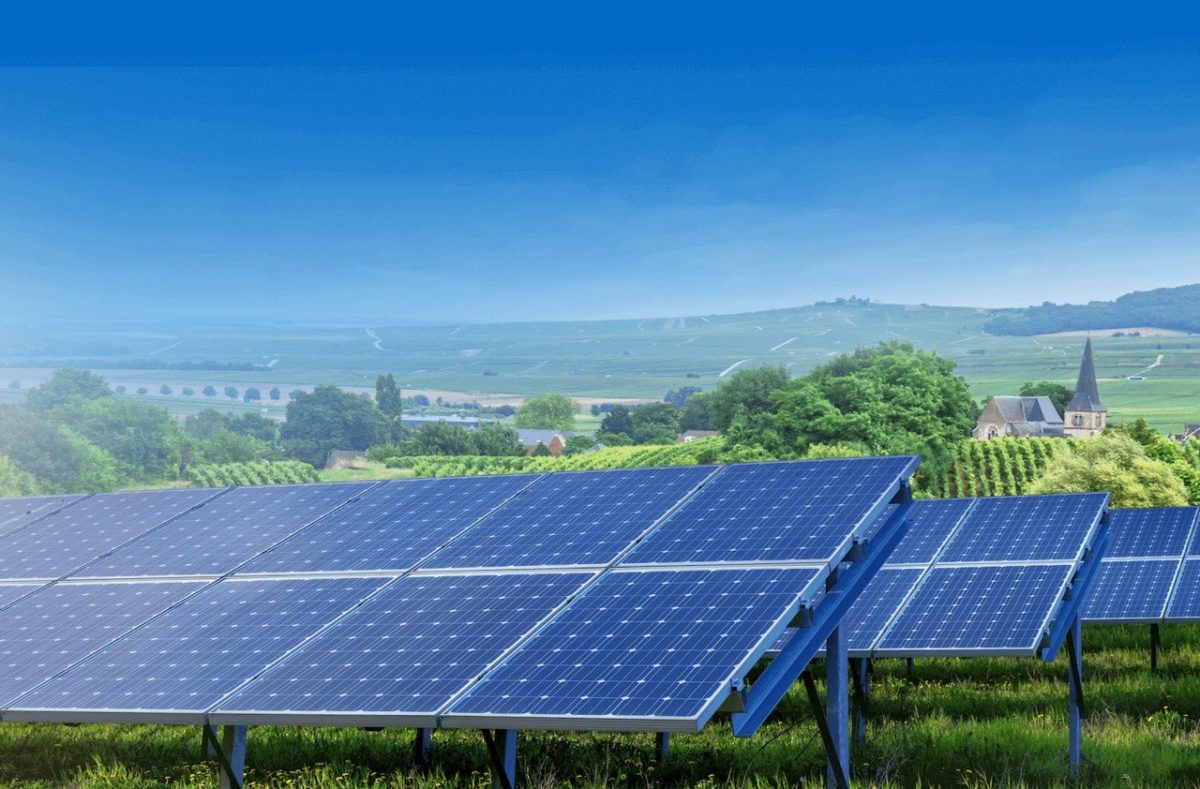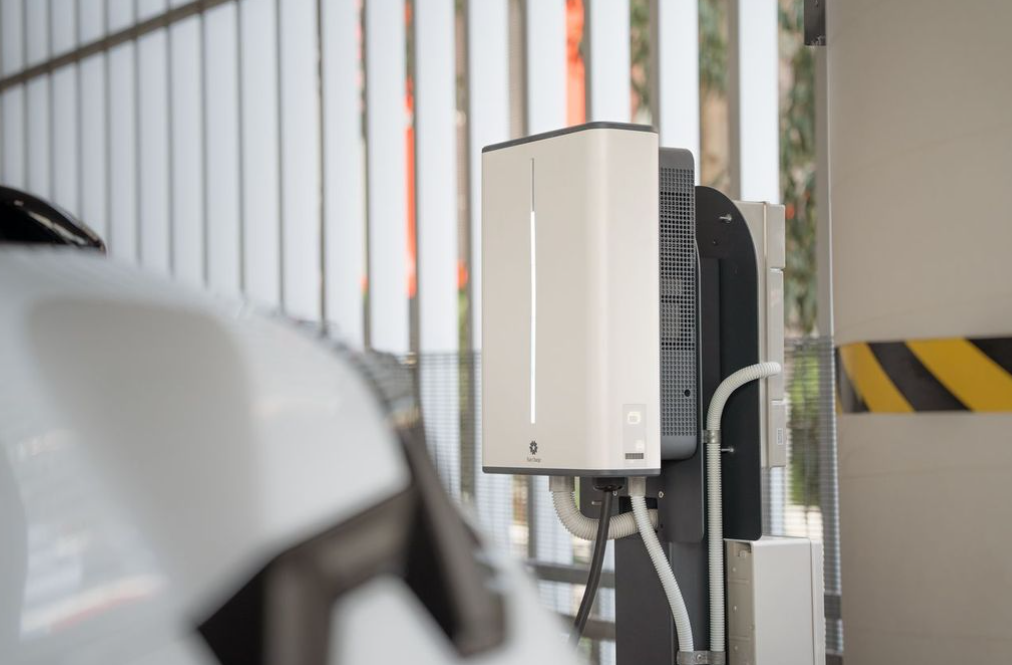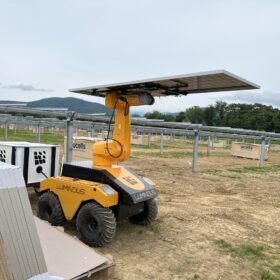The ambitious Australian startup is partnering with green energy retailer eKWateur in an attempt to revolutionise France’s electricity market using its P2P technology, enabling customers to customise their energy mix.
Power Ledger seems to be taking Europe by storm. In February, Power Ledger won the Alperia Startup Factory Innovation Camp, beating out 230 applicants from 37 countries to win a contract with one of Italy’s largest renewable energy utilities.
Now Power Ledger is taking its technology, already recognised as a potentially significant Australian digital export, to France, where its Vision platform will provide customers with a level of transparency unseen in an energy market before.
All across France, some 220,000 energy meters are set to gain access to Power Ledger’s blockchain-enabled product Vision, a program that certifies the origin and source of renewable energy. Never has the consumer had so much power in the renewable energy market. Indeed consumers can use Vision to switch and mix their energy source.
As energy trading becomes more commonplace, the importance of proving energy provenance and traceability will only increase. The more green energy stands out in the energy mix the more accelerated the transition will become.
“Power Ledger has proven the technology works and now we’re ready for a full scale country rollout in what will be our largest project to date,” said Power Ledger executive chairman Jemma Green. “This also marks a world-first in energy trading, with customers able to select their energy mix, knowing it’s certified via an immutable blockchain platform.”
Vision empowers consumers in the energy market. A consumer can choose whether they want to get their energy from a wind farm on the other side of the country or their neighbours solar rooftop panels. “Our platform gives consumers choice and control over their energy source,” said Green.
eKWateur CEO and co-founder Julien Tchernia, whose company providing 100% renewable energy from wind, solar and hydro, said, “Power Ledger’s technology fits perfectly with our vision. Transparency is key for eKWateur. Since the beginning we’ve aimed to offer innovative services to our clients so they can hold all the cards to actively participate in the transition of the energy market.”
Vision also gives consumers the option of choosing smaller and/or local generators over big companies. And for energy providers Vision allows for more accurate readings on customer recruitment and retention.
The project will sweep across France like the wafting smell of garlic by the end of 2020.
This content is protected by copyright and may not be reused. If you want to cooperate with us and would like to reuse some of our content, please contact: editors@pv-magazine.com.









I have many doubts on the interest of block-chain products in France; about 95% of it’s energy consumers are services by the same monopolistic distribution grid manager, whose legal obligation is to provide metering and meter data to its clients (consumers, generators, wholesalers, aggregators and retailers). Because of the low cost of electricity (over 80% nuclear), renewable energy is pretty much only viably in the framework of government determined feed in tariffs or premiums obtained in competitive tenders. This means that there are only a very small handful of PPA or direct sales. Ekwateur does have a certain number of generator clients, including self-consumers that don’t have access to feed in tariffs for various reasons, but they could still totally rely on the distribution grid managers data to validate meter readings. It is hard to see how the block chain can bring added value in this context. Why pay twice for the same service? why distrust the legally binding services provided by the distribution grid manager?
But what about sellers of roof top solar? Would they be able to get the best price?